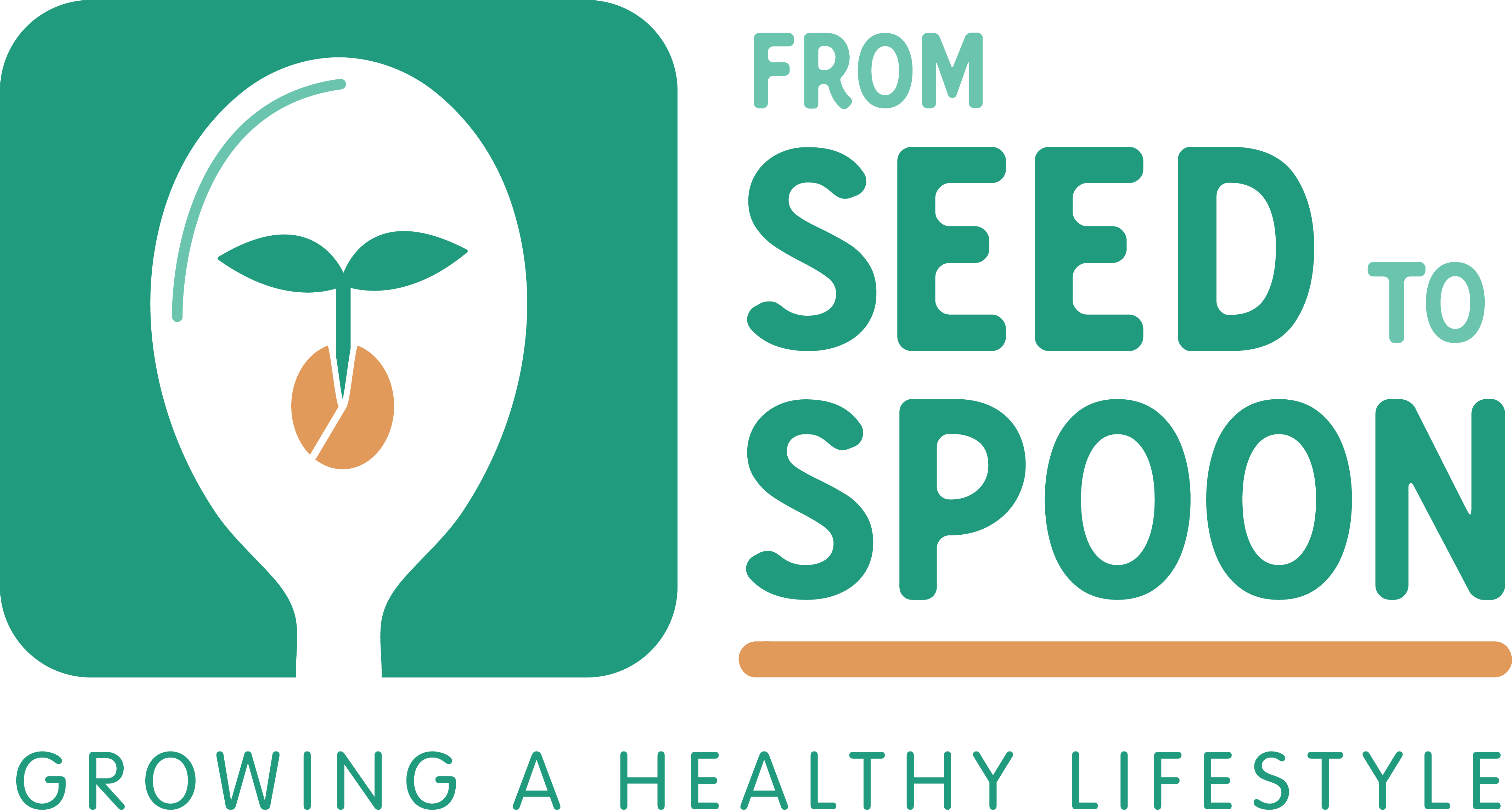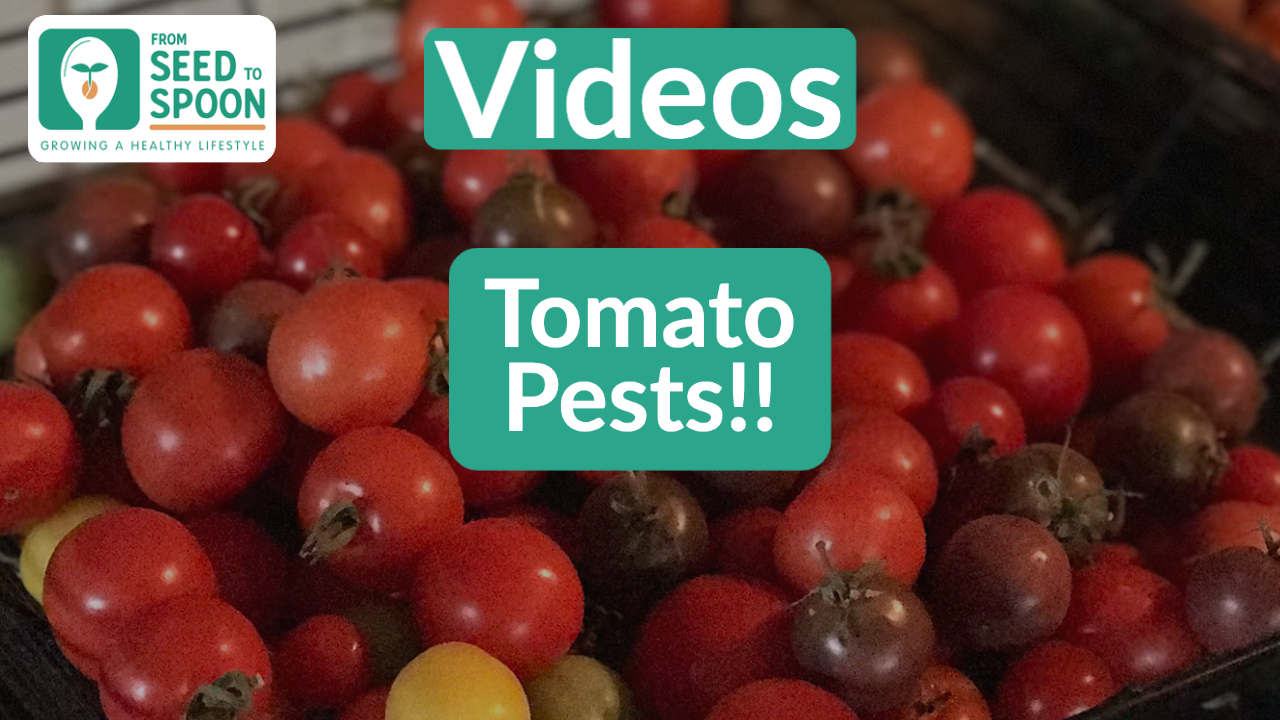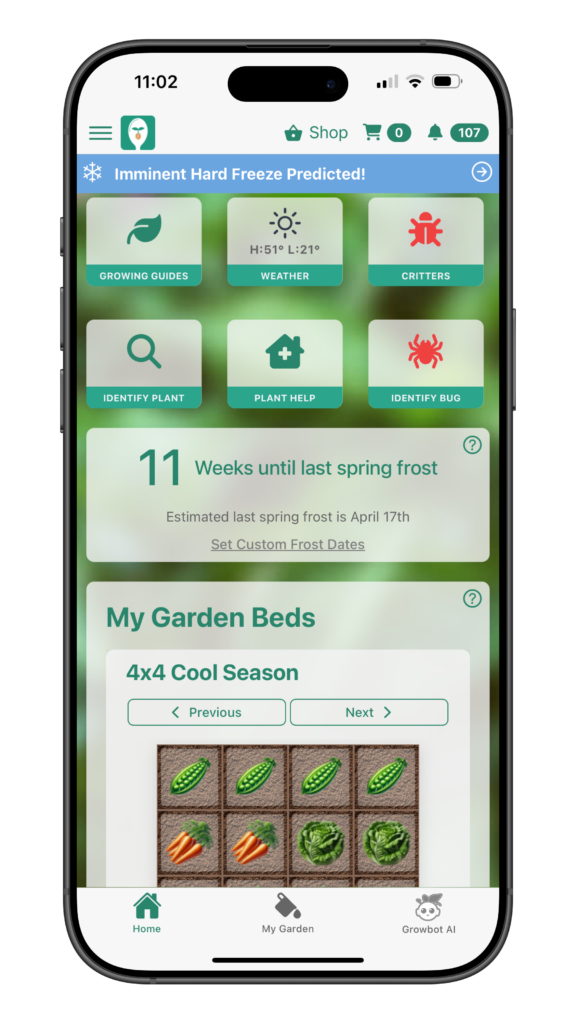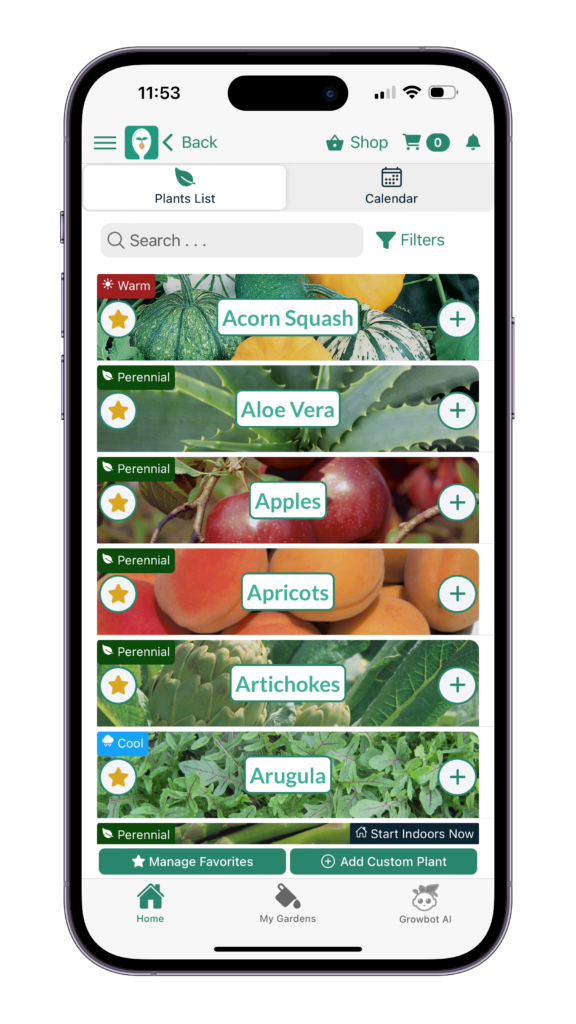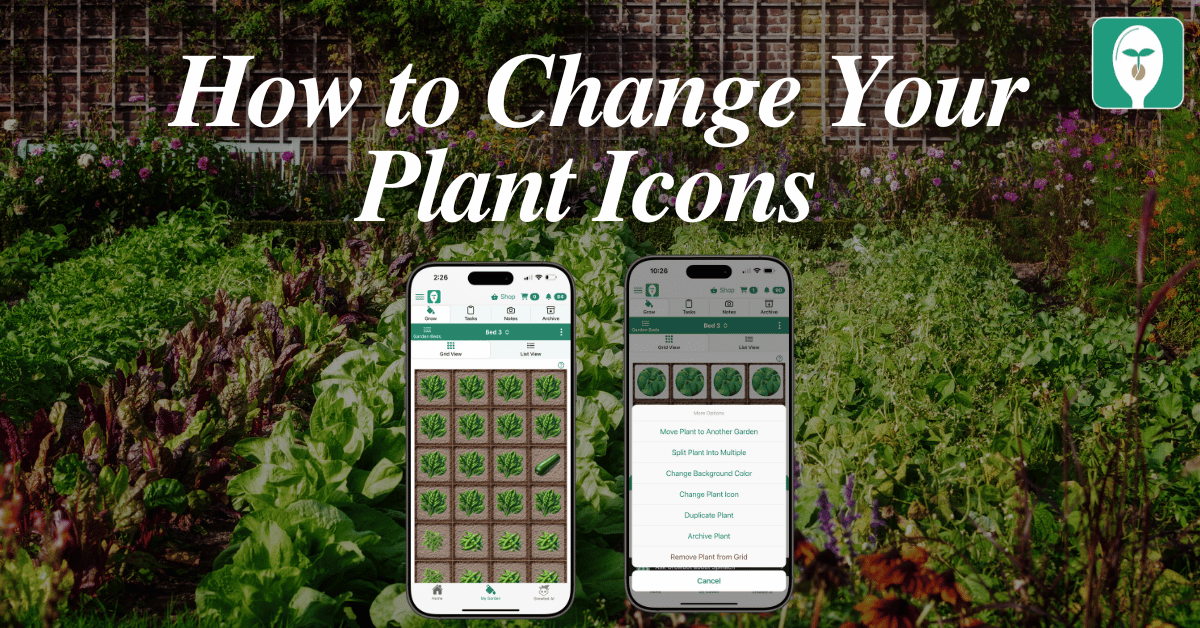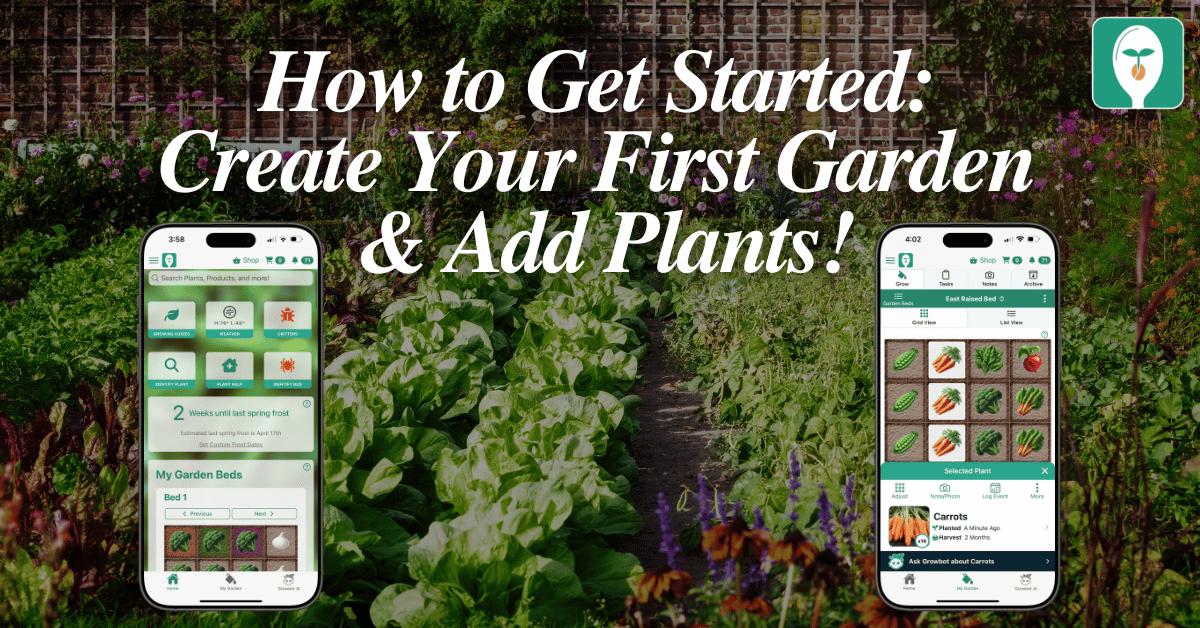
We love growing and eating tomatoes, but unfortunately, so do a lot of pests!
In this video, Carrie goes over the most common pests that you can see when growing tomatoes and many organic options for treatment.
Aphids are tiny insects that can usually be found in groups on the undersides of leaves and stems. A few aphids can’t do much, but they reproduce quickly, are born pregnant, and can take over a plant in no time at all!
The Colorado potato beetle is one of the major pests that can affect your crops. These beetles can defoliate plants in no time. Adults are robust and round, yellow or brownish with dark stripes, while the larvae are yellow or orange with black dots along the sides. Both life stages will defoliate plants. Adults may drop to the ground readily when disturbed, and several management methods may need to be tried before control is achieved.
These mites are microscopic plant sap feeders, related to spiders. They are prevalent on the undersides of the plant leaves and remove green leaf tissue, causing a mottled appearance on the leaves. Large infestations can be noticed by bronzing of the foliage or even light webbing on the leaves. Some mites thrive in hot, dry conditions and can be hard to manage once established.
Tomato hornworms are huge caterpillars that are green with a spiky tail and orange spots on the abdomen. These giants are monstrous and can destroy a tomato plant in the course of a day, so it is important to catch them fast! These extremely large caterpillars can be shockingly difficult to spot sometimes, so make sure you are checking your tomato pants thoroughly. To help with the hunt, we pay our kids a quarter for every hornworm that they find! They are also a great snack for chickens if you have them.
Birds can be both a pest and an ally in the garden. They prey on caterpillars and other harmful insects, but they will also steal seeds and eat your tomatoes!
Learn more about growing over 100 different foods, including how to manage various pests in our FREE iOS, Android, or new Universal Web App!

Carrie Spoonemore, co-founder of “From Seed to Spoon,” stands as a beacon of inspiration for gardeners and health enthusiasts alike. Her journey alongside her husband, Dale Spoonemore, in creating a platform that demystifies gardening and promotes a healthier lifestyle, has made a significant impact on individuals around the globe. Through the “From Seed to Spoon” app, Carrie has dedicated herself to empowering people to take control of their health and environment by growing their own food.
With a profound belief in the power of gardening to improve mental and physical health, Carrie’s contributions to the Seed to Spoon blog reflect her holistic approach to wellness. Her articles often focus on the nutritional benefits of homegrown fruits and vegetables, organic gardening practices, and the mental health benefits of spending time in nature. Carrie’s expertise in health science shines through in her detailed discussions on how specific plants can contribute to a balanced diet and overall well-being.
Carrie’s passion for gardening is deeply intertwined with her commitment to family and community wellness. She frequently shares personal stories of how gardening has brought her family closer together, offering practical tips for involving children in gardening activities and making it a fun, educational experience. Her writing encourages families to explore gardening as a means of spending quality time together while learning about nature and sustainability.
In addition to gardening advice, Carrie’s contributions to the blog include insights into the use of technology to enhance the gardening experience. She has played a crucial role in designing the “From Seed to Spoon” app to be user-friendly, ensuring that users of all ages and backgrounds can navigate the complexities of gardening with ease. Her vision for the app is not just as a gardening tool but as a vehicle for change, inspiring individuals to adopt a more sustainable lifestyle by growing their own food.
Carrie Spoonemore’s presence on the blog is marked by her compassionate approach to teaching and her unwavering belief in the transformative power of gardening. Her work continues to inspire a community of gardeners to pursue a healthier, more sustainable way of living, proving that with the right tools and knowledge, anyone can become a gardener and advocate for their health and the planet.
